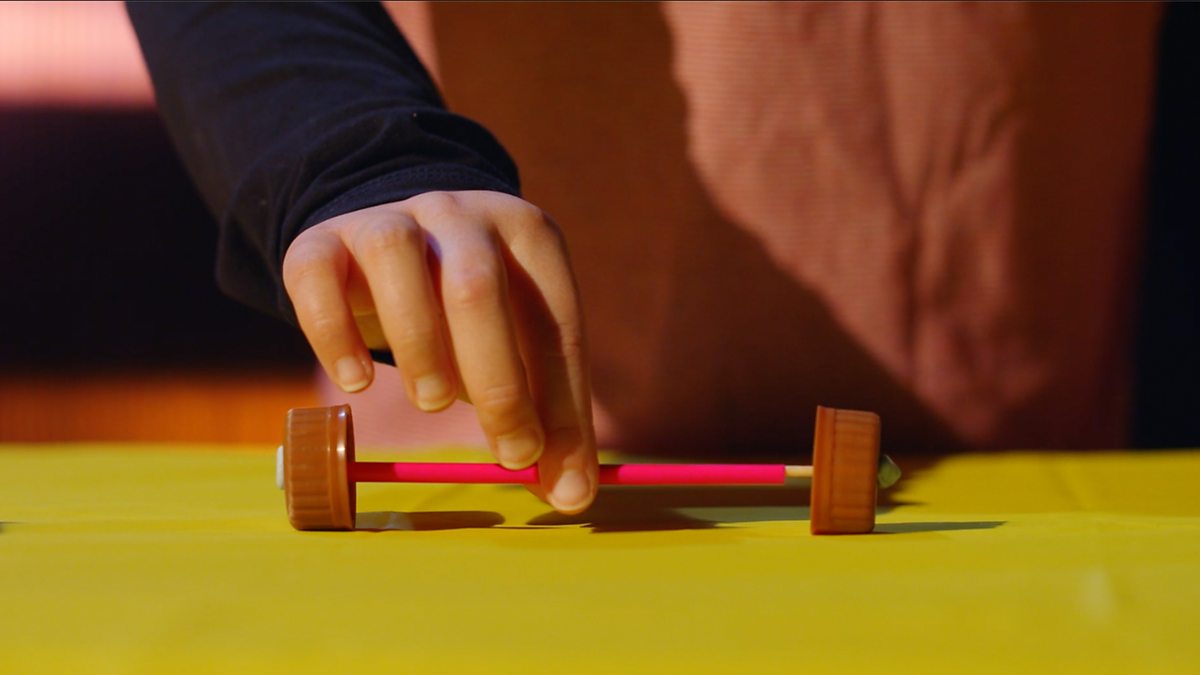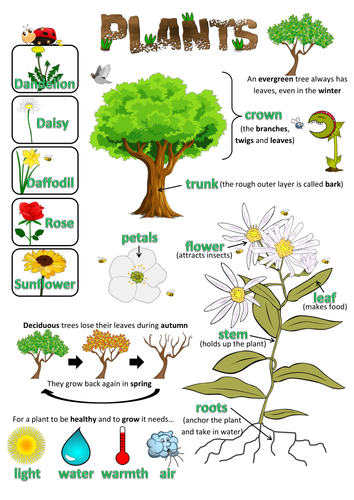Willows (Y2)
Welcome to Willows class. Your teacher is Mrs Pounder.
PE is on THURSDAY AFTERNOON
Spellings will be (usually handed out on Friday and tested the following Friday)
Planners will be checked every Friday
Important messages will be put on our Facebook page as necessary.
THIS TERM'S LEARNING
SUMMER 2
English
Our book for this term
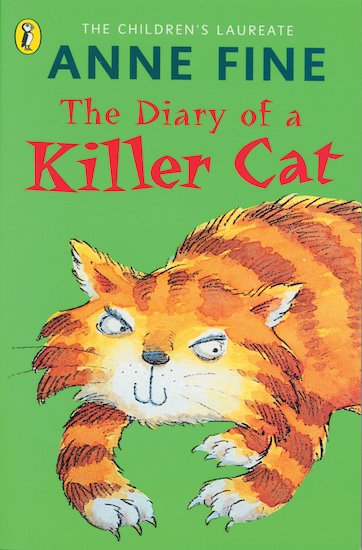
The sequence of learning will develop children’s understanding of the story, characters, themes and language. The unit teaches reading, including fluency, vocabulary and comprehension, and meaningful writing, for a range of form, purpose and audience.
The teaching of grammar and punctuation is embedded within analysis of the language and structures used to tell the story, through activities that explore the effect these might have on readers.
The children are taught to apply what they have learnt to their own writing, making choices to affect their readers’ thoughts and feelings. All learning culminates in a final piece of written work.
(For more information about how we teach English at BJA, please visit our Writing page)

Phonics
By this point in the year the majority of Year 2 children have completed the RWInc program. They will now be working on developing their fluency and comprehension skills.
All children will fetch home 2 school phonic/reading scheme books at their level and can also choose a reading for pleasure book from the class library.
It is expected that pupils are reading their books '4 or more times a week'. Please make sure you evidence this in your child's planner.
Maths
At BJA, we follow the White Rose Maths scheme of learning which underpins the values behind the mastery approach to teaching mathematics.There are many elements to the teaching and learning of Maths: it is not only the ability to calculate (being mathematically fluent) but also the ability to apply these skills to real life scenarios (solve problems and investigate) and also to talk knowledgeably about mathematical working (reasoning).
During this term we will be focussing on MEASURES (including time)

Below you will see a number of links for different websites to support your child with their mathematical learning.

Times Tables Rock Stars
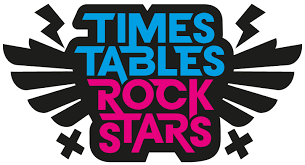
Karate Cats
https://www.bbc.co.uk/bitesize/articles/zf4sscw
ICT games - Maths
https://ictgames.com/mobilePage/index.html
TOPMARKS
https://www.topmarks.co.uk/maths-games/5-7-years/counting
SCIENCE- PLANTS
This unit is structured around seven science enquiries:
- What is a plant?
- What are the best conditions for germination?
- How are your plants doing?
- How do we know what a plant likes?
- How have plants changed over the year?
- What do plants need to be healthy?
In RSE we will be learning about FEELINGS and MENTAL WELLBEING around the following questions.
In RE we shall be thinking about Special Places of Worship
/Year-2/Unit-18/Unit-18.jpg)
Computing- PROGRAMMING QUIZZES
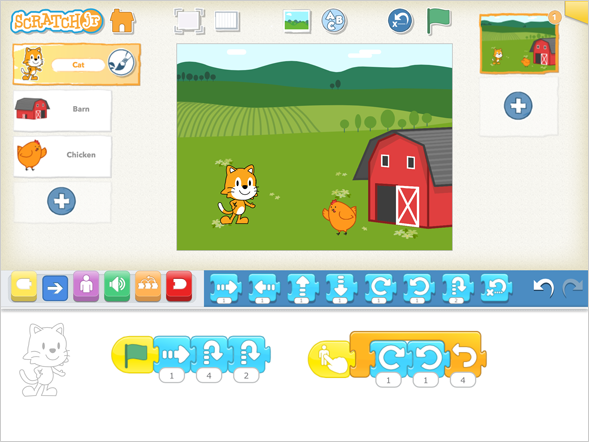
This unit initially recaps on learning from the Year 1 ScratchJr unit ‘Programming B – Programming animations’. Learners begin to understand that sequences of commands have an outcome, and make predictions based on their learning. They use and modify designs to create their own quiz questions in ScratchJr, and realise these designs in ScratchJr using blocks of code. Finally, learners evaluate their work and make improvements to their programming projects.
It can also be accessed for free use at home
PE
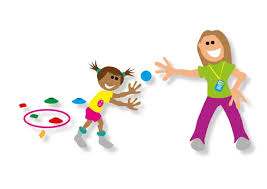
This term our lessons are as follows:
Lesson 1: Orienteering
Lesson 2: Orienteering
Lesson 3: Ball skills
Lesson 4 : Ball Skills
Lesson 5: Athletics
Lesson 6: Athletics
HISTORY Significant People: Inventors

ART- PRINTING


DT- WHEELS and AXELS
